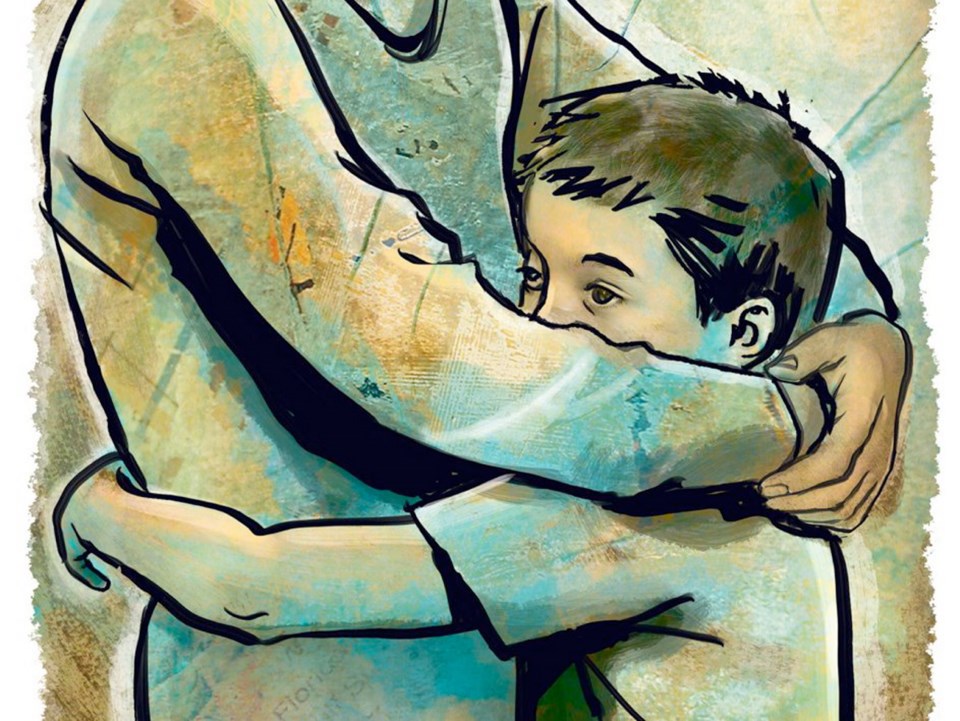As part of a military family, our children are used to saying goodbye. Their father goes away for months at a time on deployment. Their friends move away, out of the province or even the country.
But they are dealing with a much harder goodbye this month.
The amazing, smart, funny and hardworking Jovy, who has been our family’s nanny for four years, is moving to a new job and a new adventure.
We were lucky enough to be able to quickly arrange other child care. Now all that’s left are the farewells.
It sounds like a cliché, something every family with a good experience with nanny care has said, but I will say it anyway: Jovy has been more like family than an employee, and more like a parent than a child-care provider to our four children.
She came to work for us when Eddie, my youngest, was a 10-month-old baby, all stuffed up from a bad cold, nose running like a hose.
She’s been with us through sickness and vacations, many deployments and many childhood triumphs and problems.
The kids learned to mop a floor and run the washer under her tutelage. They went on field trips and adventures all over town, riding on the top deck of the bus, watching Victoria speed by.
Jovy grew up in the Philippines and her perspective from that childhood has been invaluable when my kids grouse about life being hard or unfair. Whenever my kids complain about only having one bathroom, she tells them about going to the outhouse in the midst of a typhoon as a child, afraid of blowing away. They laugh, but they get the point.
She kisses their bumps and disciplines their poor behaviour. She listens to their problems and gives them good advice. She sits in on parenting discussions and offers her opinion.
She loves the kids and they love her. We do, too.
The children are coping as well as you might expect. There have been a lot of tears, especially from our younger two. There’s been some anger, too.
Jovy has encouraged the children to tell her their feelings and discuss the changes to their lives and her own. She could have just sent them to us (and we have talked about this with the kids a lot, too), but instead, she has given the children the gift of listening to them, even though I am sure it has been hard.
“Do you still love me, Jovy?” Eddie asked her last week. She said she certainly did. “Why are you going away, then?” he demanded.
And she once again lovingly explained, while holding a crying bundle of boy.
Letting them grieve has been the hardest part for all of us adults. It’s not easy to listen to a child cry and not try to make them stop, because it hurts us to watch them go through it.
Instead, all three of the grown-ups here have been saying: “It’s OK to feel that way. It’s OK to be sad. It’s OK to be angry.”
As for me, I must admit to feeling rather nervous about going it without Jovy’s help. This sometimes makes me feel ridiculous, since these are my children and I chose to have a larger family. However, anyone raising children enjoys having a helping hand. Many parents have the benefit of having their own families nearby, ready to babysit in a pinch and to help out when asked.
Parenting is hard work even with that help. Without, it can be daunting.
I’m thankful for friends, neighbours, and most especially for the woman who has helped us raise our children to be helpful, kind and independent.
So thank you, Jovy, for four years of hard work, hundreds of loads of laundry, a long season of potty-training, homework supervision, tantrums and time-outs, and most of all, fun, laughter and love.



